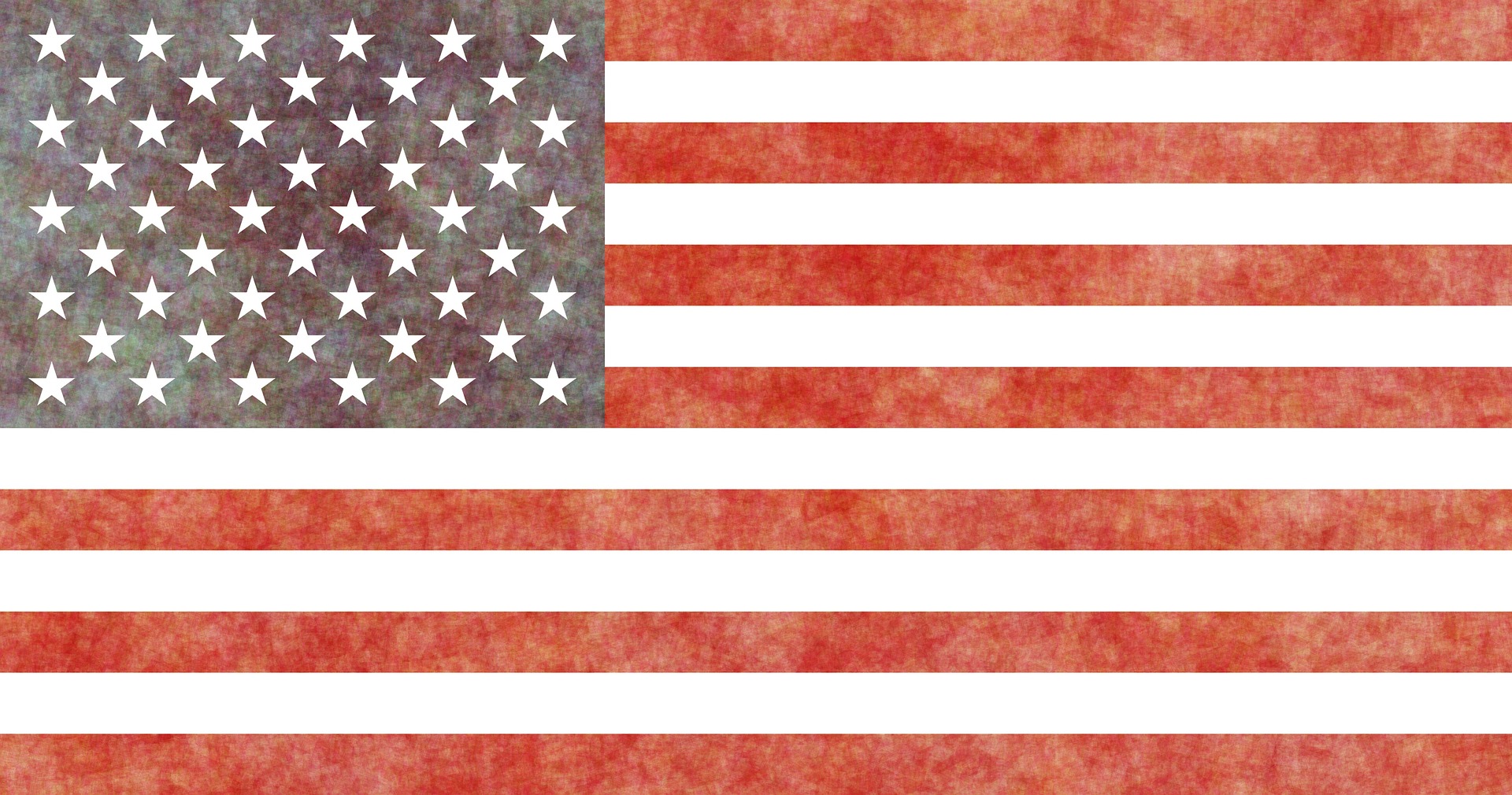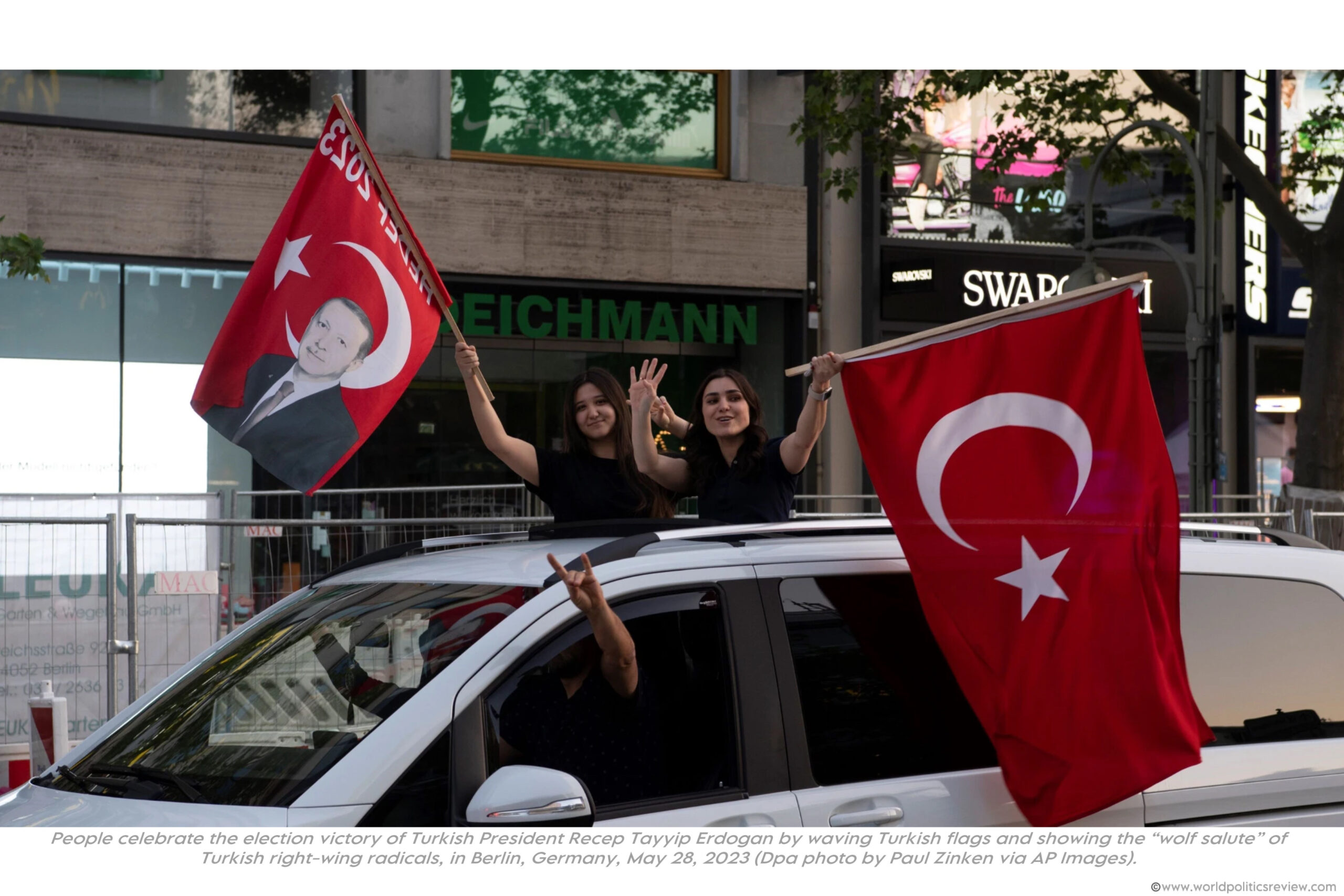A survey by the Public Religion Research Institute, titled ‘2018 American Values Survey’, has looked at a range of issues surrounding the 2018 US mid term elections, including how issues are prioritised by voters, views on President Trump, views on the effect of having more diversity in public office will have, and on the travel restrictions from those from Muslim-majority countries. Two striking elements that have come out of this survey are the significant racial and ethnic divides on a number of these issues, and the negative perception of having religious or LGBT diversity in public office, seen more negatively than other forms of diversity, such as racial or ethnic.
Policy priority
The issues included in the survey are the cost of healthcare, the economy, the growing gap between rich and poor, immigration, gun policy, national security, racial inequality, abortion, and LGBT issues. While men and women have similar issue priorities and there are a few gender divides within the political parties, there are significant racial and ethnic divides, where different groups place a higher priority on different issues. For example, Hispanic Americans are 40% more likely than both white (25%) and black (12%) Americans to prioritise immigration. National Security is a higher concern for White Americans (23% say it is their first or second most important issue) compared to only 12% of Hispanic Americans and 7% of Black Americans. Racial inequality is more likely to be a first or second most important issue for Black Americans (46%), compared to 18% of Hispanic Americans and even less (7%) for white Americans.
Views on President Trump
Divides run along Religious differences in the views of President Trump. White Evangelical Protestants are the only major religious group surveyed where the majority, 68% of the group, hold a favourable opinion of Trump. In contrast, the majorities of all other major religious groups have a negative/unfavourable opinion of Trump; including black Protestants (80%), religiously unaffiliated Americans (75%), Hispanic Catholics (74%), non-Christian religious Americans (73%), white mainline Protestants (52%), and white Catholics (52%). Whether President Trump will ever gain their approval is also divided along religious lines.
Black Protestants (66%) are more likely than religiously unaffiliated Americans (58%), Hispanic Catholics (56%), white Catholics (39%), and white mainline Protestants (38%) to say they will never approve of Trump.
The diversity of those elected to public office
Also looked at are opinions on the high levels diversity among elected officials. Categories of this diversity looked at include non-Christian religious groups, non-religious groups, women, those from an LGBT background, a working class background, and those from a racial or ethnic minority background. It was found that electing those from a racial and ethnic minority group was looked upon more favourably—44% say electing more people from racial and ethnic minority groups would make things in the country better—than electing those from a non-Christian or LGBT background, where only 24 percent say the same. A far greater number, 75%, believe that electing more people from working-class backgrounds would make a difference.
A variety of factors has been suggested by commentators for this, in particular, that voters vote according to who they see share their values. These include religious values, and so it is assumed that only those from the same faith community will protect those shared interests. It is also suggested that the political alignment of those from minority faith groups may play a part in these perceptions, since such candidates are often Democrats, while most white evangelical Christians identify as Republican, and it is they who most believe electing more people from non-Christian religious groups would make the U.S. worse [49%].
On Trump’s contribution to the rise of white supremacist groups
There are also large differences here between racial and ethnic groups on this issue. 72% Black and 68% Hispanic Americans believe that the president’s conduct has encouraged white supremacist groups, compared to less than half (45%) of white Americans.
On the Muslim ban
Americans are divided over the travel ban for people from some Majority-Muslim countries from entering the United States, with almost equal numbers of Americans both favouring (49%) and opposing (50%). Support has actually increased since 2017 for these travel restrictions, when 40% Americans were in support of the ban. There is also a racial divide here regarding the support for this policy, with 56%) of White Americans favouring temporarily preventing people from some majority-Muslim countries from entering the U.S, in contrast to 37% of Hispanic Americans and 31% black Americans.
Sources
https://www.prri.org/research/partisan-polarization-dominates-trump-era-findings-from-the-2018-american-values-survey/
https://www.deseretnews.com/article/900045883/why-christians-more-diverse-us-congress-politics-republicans-gop-democrats-diversity.html






